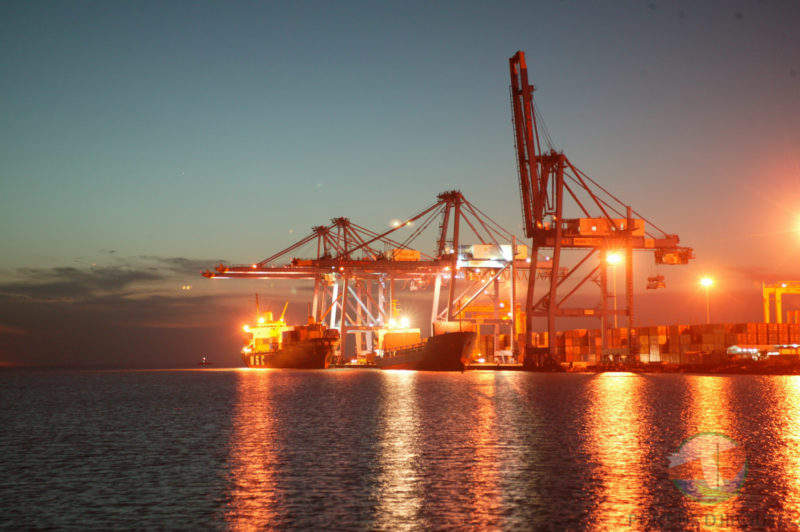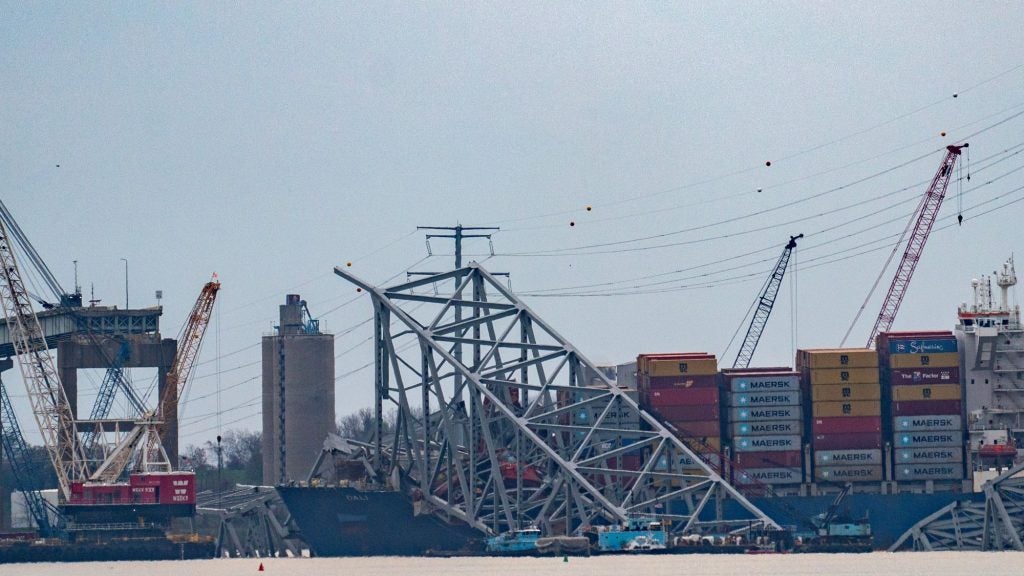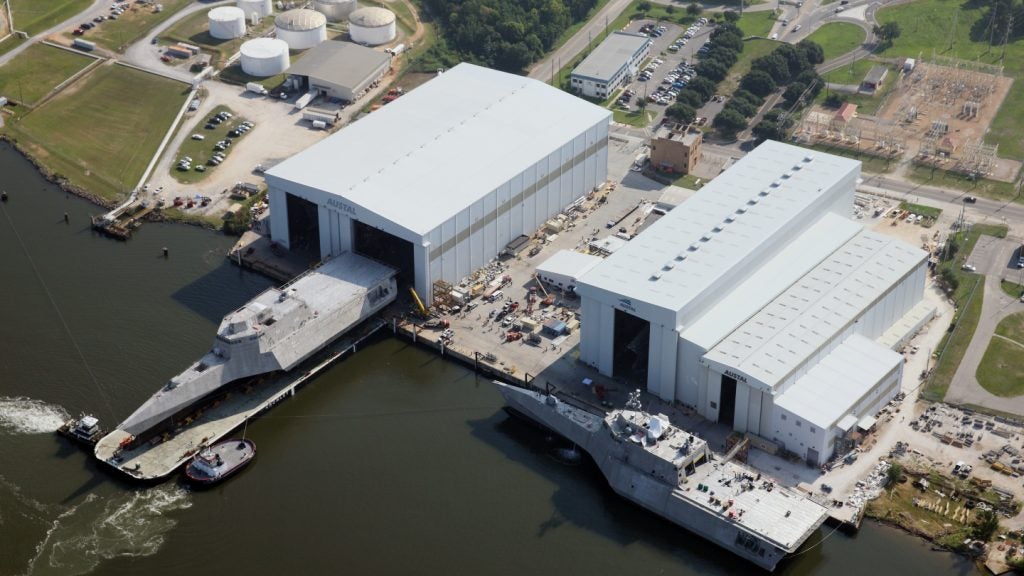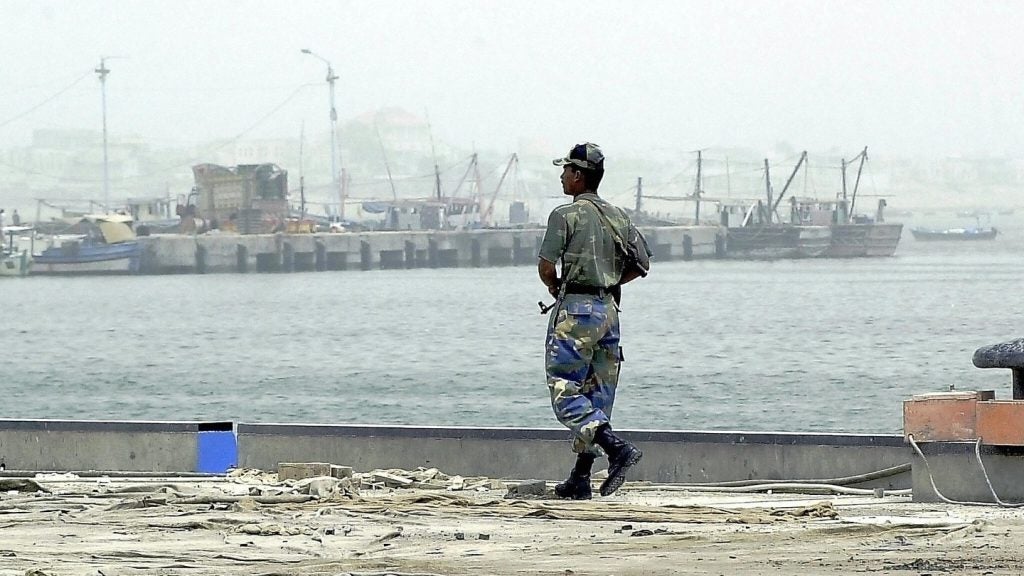
When the Government of Djibouti signed a 30-year concessions agreement with Dubai-based global port operator DP World back in 1999, it looked as though the country was making efforts to invest in its future infrastructure and commerce with the rest of the world.
Previously, years of armed clashes between the ruling People’s Rally for Progress party and the Front for the Restoration of Unity and Democracy had left the country’s future unclear, but Djibouti’s prospects now looked brighter, and a deal with DP World to manage operations at the Port of Doraleh was a symbol of change.
For a number of years, it seemed as though operations were flourishing. Within months, the port’s performance had doubled, and Doraleh was soon the most advanced container port in the whole African continent, enabling the creation of 10,000 jobs and providing a significant income for the country through import and export taxation.
But cut to 2018 and the Doraleh success story has taken a worrying turn. In February the Government of Djibouti reneged on its 30-year contract with DP World by seizing control of the port, in a move deemed illegal by a number of international authorities, including courts in the UK, which was designated the governing legal system for the agreement.
The move was an international shock and has cast a shadow over all existing and potential business deals with Djibouti for any foreign investors. The question of why this has happened is a complicated one, but Djibouti’s business credibility has certainly been called into doubt.
Breaking the law: the illegal seizure of Doraleh from DP World
In June, the office of the Presidency of the Republic of Djibouti released a statement explaining its reasoning behind the seizure, citing “numerous unsuccessful attempts to get DP World to renegotiate a contract that was clearly contrary to the fundamental interests of the nation”. The government body claims the termination was a sovereign decision and part of a transparent legal procedure to counteract “an unfair and unbalanced contract, the clauses of which imposed unacceptable limits on Djibouti’s development policy”.
How well do you really know your competitors?
Access the most comprehensive Company Profiles on the market, powered by GlobalData. Save hours of research. Gain competitive edge.

Thank you!
Your download email will arrive shortly
Not ready to buy yet? Download a free sample
We are confident about the unique quality of our Company Profiles. However, we want you to make the most beneficial decision for your business, so we offer a free sample that you can download by submitting the below form
By GlobalDataBut despite Djibouti’s claims, the seizure has been found to be illegal by UK courts. The High Court of England and Wales on 23 September upheld an injunction made on 31 August prohibiting the Government of Djibouti’s port company – Port de Djibouti S.A (PDSA) – from interfering with the joint venture it has in place with DP World. Notably, the ruling included the provision that PDSA “shall not act as if the joint venture agreement with DP World has been terminated”. PDSA failed to appear at its hearing on 14 September, despite being notified.
In an earlier statement, DP World said it will pursue all legal means to defend its rights, and that the Djibouti Government’s refusal to adhere to the decision of the London Court of International Arbitration – which provided the original judgement – demonstrates that Djibouti does not recognise the international rule of law.
The China factor: Djibouti’s imposing creditor
It’s been hypothesised that the reason behind the port seizure is Djibouti’s significant public debt to China. According to US-based think tank the Center for Global Development, Djibouti’s debt is projected to soon reach 88% of its $1.72bn GDP and by the end of 2016, 82% of this debt was owned by China. It has been floated that the Government of Djibouti’s actions may be a veiled attempt at appeasing its East Asian creditor.
Adding to the controversy, in the original 2006 concession, Djibouti granted DP World exclusive rights over port and free zone facilities in the country, yet in 2013, 23.5% of PDSA was bought by Chinese state-owned corporation China Merchants Group. In recent years Djibouti has violated DP World’s exclusivity rights by partnering with China Merchants on construction and operation of a number of ports and free zones within the country.
In March, US Congressman Bradley Byrne, a member of the House Armed Services Committee, expressed concerns to the US Secretary of Defense James Mattis over the actions of Djibouti in relation to the Port of Doraleh, specifically over reports received by the US that Djibouti planned to gift the port to the Chinese Government in an arrangement that would echo Sri Lanka’s handover of Hambantota Port to China in 2017.
As Djibouti is home to the only permanent US military base in the whole of Africa, this move would have significant ramifications for US military and intelligence operations in the region. In questioning to General Thomas David Waldhauser, commander of the United States Africa Command, Byrne asked how valid the reports were, with Waldhauser assuring that Djibouti senior officials had expressed that there was no intention to give control of the port to China, and that instead control would be handed over to an external country in several months’ time.
Exploring the hypothetical situation of a China-controlled Doraleh, Waldhauser admitted the potential situation would have significant consequences for the US. And of course the whole Doraleh situation raises questions over the security of the US’ investment in the region. What’s to stop the country pulling the same move on US contractual assets?
Adding to the crossfire: Doraleh’s potential illegal weapons trade
An August report from specialist intelligence company EXX Africa darkens the shadow over Doraleh further, suggesting the port may in future be leveraged as a processing centre for illegal arms. According to the company, several senior government officials had been implicated in the trade of illegal weapons, which means the now government-controlled port could soon become a hub for the arms trade.
EXX Africa clarifies that under DP World operation, Doraleh was not used for arms trafficking, but that local intelligence suggests that since the seizure, it is a significant possibility. The report reads that Djibouti has become an increasingly important hub for weapons shipments to armed groups in the Horn of Africa. Djibouti’s heightened trafficking role has occurred at a time when the country is seeking increased foreign investment in its maritime and port sectors. According to EXX Africa, many Djiboutian companies engaged in the sectors have in the past been implicated in the trade of illegal weapons.
As of now, EXX Africa reports that the port’s status as one of Africa’s most important import-export hubs means international scrutiny is high, limiting illegal actions, and that much of the illegal arms trade is actually carried out via the country’s fishing communities. Nevertheless, the intelligence firm added that lax security and customs procedures in the Doraleh terminal facilitate illegal shipments that may well become a bigger problem in the future. The report suggests that the extent of corruption stretches all the way to the highest echelons of the Djibouti Government.
As for DP World, the company is seeking damages and at time of writing a ruling is still being awaited. The company has said that despite the Djibouti troubles, its outlook is still positive and that its dealings in the country are just a small portion of its overall operations. The company is also looking into expansion into Eritrea as a potential competing destination for its Horn of Africa activities, sidestepping the Doraleh disruption.







